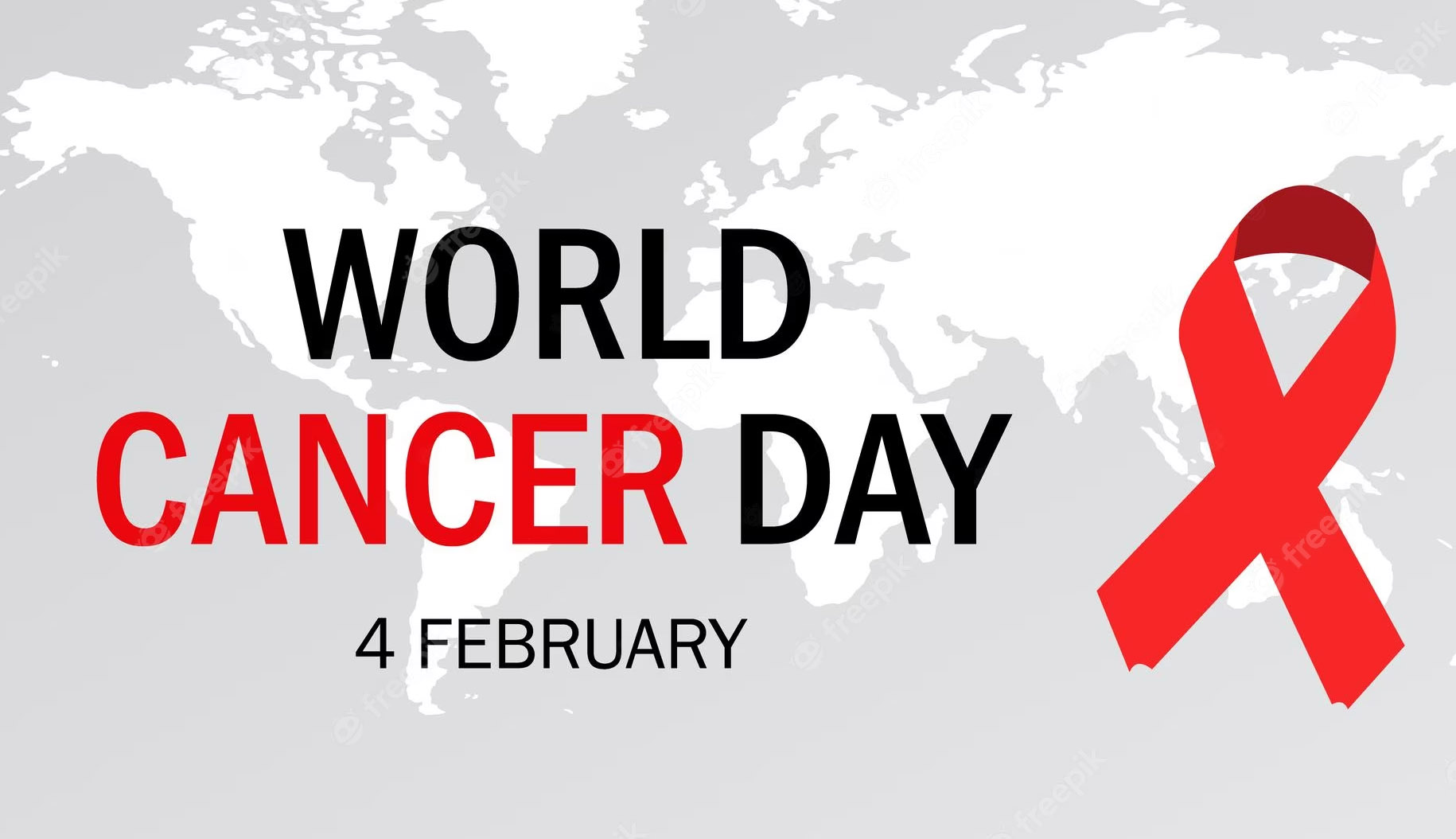`Did you know every year, on 4th February, is observed as the World Cancer Day, as declared by the Union for International Cancer Control (UICC). The purpose of this yearly campaign is to significantly reduce illness and deaths caused by cancer. The theme for World Cancer Day this year, is “Close the Care Gap” that focuses on Uniting our voices and taking action.
On the eve of World Cancer Day, which falls on Feb 04, we spoke to Oncologist, Dr Ashutosh Gupta, Head Oncology GMC Jammu about Risk Factors, Early Detection of Cancer and many other things related to disease.
Hi Doctor. First of all, could you tell us why is there a rising need for the awareness of cancer in the general public, especially in today’s era?
Cancer is a major public health problem globally. According to GLOBOCAN 2018 data, 18 million new cancer cases were diagnosed worldwide in the year 2018. The increased life expectancy and urbanization with changed lifestyle have resulted in an increased incidence of cancer. A significant proportion of these cancers, however, are preventable. Early detection is also possible in the majority and more effective treatments are now available. Therefore, it is very important to be aware of all these aspects to be able to fight the battle against cancer.
Could you please tell us who all are prone to cancer and why is early detection important?
Everyone is at risk of developing cancer, some more than others. Those with a family history of cancer, past history of some cancer, tobacco use-chewable & smoking forms are clearly more prone to develop cancer. Early detection of cancer is extremely important. In fact, it is the most important weapon to win the war against cancer. If cancer is detected in early stages, it could be cured. The treatment outcomes are also better for the early stage of cancer with more effective treatments and less disfiguring surgeries.
In what circumstances would you say it’s ideal to get a check-up for cancer?
If someone has any of the so-called ‘warning signs’ of cancer, one must seek immediate medical attention. These warning signs can be summarized with an acronym ‘CAUTION’ –
Change in bowel or bladder habits
A sore that does not heal
Unusual bleeding or discharge
Thickening or lump in the breast or elsewhere
Indigestion or difficulty in swallowing
Obvious changes in warts or moles
Nagging cough or hoarseness
There are guidelines for screening for certain cancers in both men and women, such as cancer of breast, cervix, colon, prostate and lung cancer. One must undergo an age-appropriate screening test and consult a cancer specialist for the age and family history-appropriate screening test.
What are the risk factors for cancer?
The risk factors for cancer can broadly be classified into 2 categories- the modifiable and non-modifiable. The modifiable risk factors include- tobacco, alcohol, dietary factors, physical activity, infections, hormone replacement therapy, etc. The non-modifiable risk factors include genetics (heredity), family history of cancer, age, gender, past history of cancer, etc. If one takes care of modifiable risk factors, a lot of cancers can be prevented.
We’ve heard stories of otherwise fit people also getting cancer. Can you tell us if a nutritious diet and healthy lifestyle plays any role in keeping cancer at bay?
Cancer is predominantly a lifestyle-related illness. Diet and lifestyle have a significant role to play in cancer’s development. It is estimated that almost 20-30% of all cancers could be attributed to faulty diet, obesity and sedentary lifestyle. Another 30% could be attributed to tobacco and alcohol. Therefore, just by adopting a healthy lifestyle, one could significantly reduce one’s chances of developing cancer.
This year’s World Cancer Day Theme is “Close the Care Gap,” which is all about that focuses on Uniting our voices and taking action . Keeping that in mind, how do you think an individual can take precautions to keep cancer at bay?
I feel that each and every individual should try and acquire knowledge about cancer prevention and early detection. This knowledge is empowering. Such an informed and an aware individual can be of help not only for herself or himself but also to friends and family. Such a person would then take the necessary steps to adopt a healthy lifestyle, exercise regularly, eat healthily, stay away from tobacco and alcohol and also undergo cancer screening.
Lastly, how can people be supportive if someone in their family/friends’ circle has cancer?
If someone in family or friends has cancer, seek immediate advice from a cancer specialist. Remember that very effective cancer treatment is now available. Cancer treatment involves a team of surgical, radiation and medical oncologist like myself. We have better surgical techniques available now, and more precise ways and machines to deliver radiotherapy. Medical treatment of cancer is no longer limited to chemotherapy. We have targeted therapies and immunotherapy available now. The results are gratifying and many more people are living after a cancer diagnosis than ever before.
Trending Now
E-Paper


